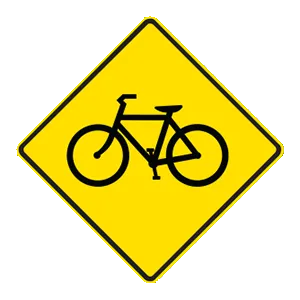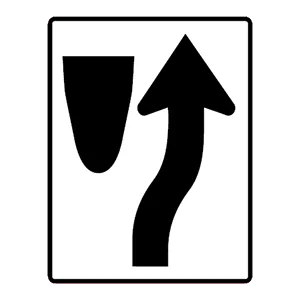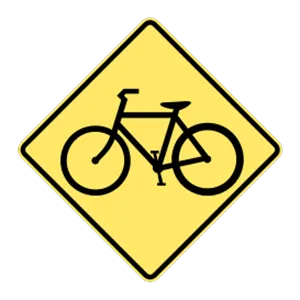Motorcycle Test | License NJ 2026 | FREE Online Practice! #1 Page 7 of 7
Take this FREE motorcycle test (license in NJ 2026) to check your knowledge of the road rules. To improve your results, download a motorcycle handbook online, study theory, and practice for free on our website. Still worried about how to get a motorcycle license in New Jersey in 2026? Check our website for more sample tests, train as much as possible, and boost your grades!
43 . When riding with a heavy load, you will want to adjust the:
Before riding with a heavy load, you should make sure your tire pressure, spring pre-load, air shocks, and dampers are at the settings recommended for the relevant weight.
44 . When choosing clothes for riding, which of the following is not a good choice?
To protect yourself against injury, you should wear a DOT-compliant helmet; face or eye protection; a jacket and long pants made of sturdy material; boots or shoes that are high and sturdy enough to cover and support your ankles; and gloves made of durable material.
45 . This sign means:

Warning signs prepare drivers for upcoming road conditions and hazards and are usually yellow with black markings. This sign alerts drivers to potential bicycle cross traffic.
46 . This road sign means:

This is a "Keep right" sign. It indicates that a traffic island, median, or barrier is ahead and that drivers must keep to the right of it.
47 . This sign means:

This sign provides advance warning that bicycles may be present.
48 . What could happen if a motorcyclist takes a turn too fast?
Riders often try to take curves or turns too fast. When they can’t hold the turn, they end up crossing into another lane of traffic or going off the road. Riders also often overreact and brake too hard, causing a skid and loss of control.
49 . Which of the following will protect your eyes from the wind?
Goggles and face shields can protect a rider's eyes from the wind. Windshields, eyeglasses, and sunglasses generally do not shield a rider's eyes adequately enough.
50 . Why should a load be placed low on a motorcycle?
Placing a load too high on a motorcycle will raise the motorcycle's center of gravity and risk upsetting its balance.
See the exact questions that will be on the 2026 New Jersey DMV exam.
99.2% of people who use the cheat sheet pass the FIRST TIME
Jeneen was tired of paying $5/gallon. She got herself a scooter that required the motorcycle license. She studyed the motorcycle test cheat sheet and passed her test the next day!
Christopher tells us how he knew nothing prior to obtaining the motorcycle study guide, and he only got one question wrong because he clicked on the wrong answer by mistake.



